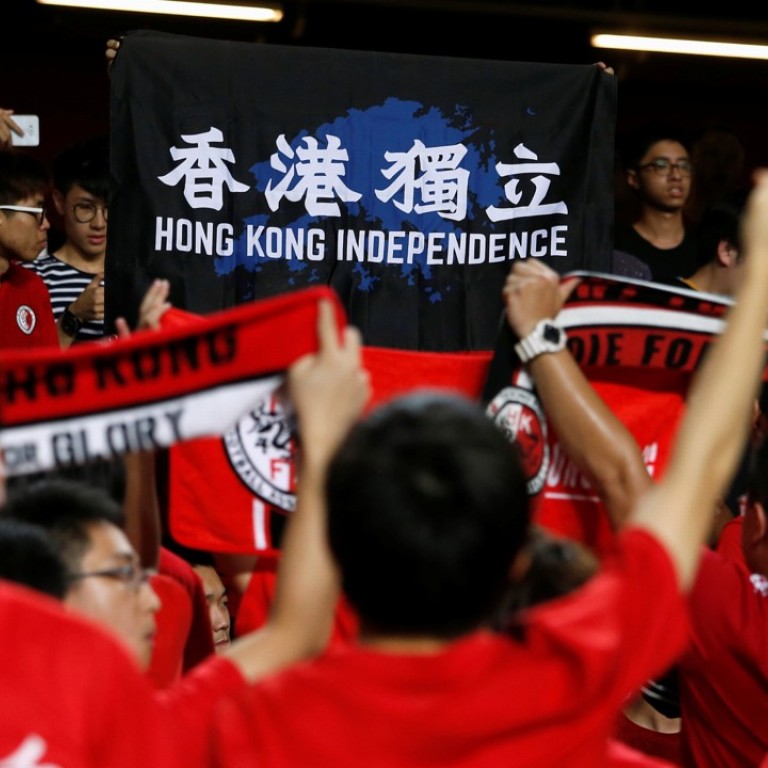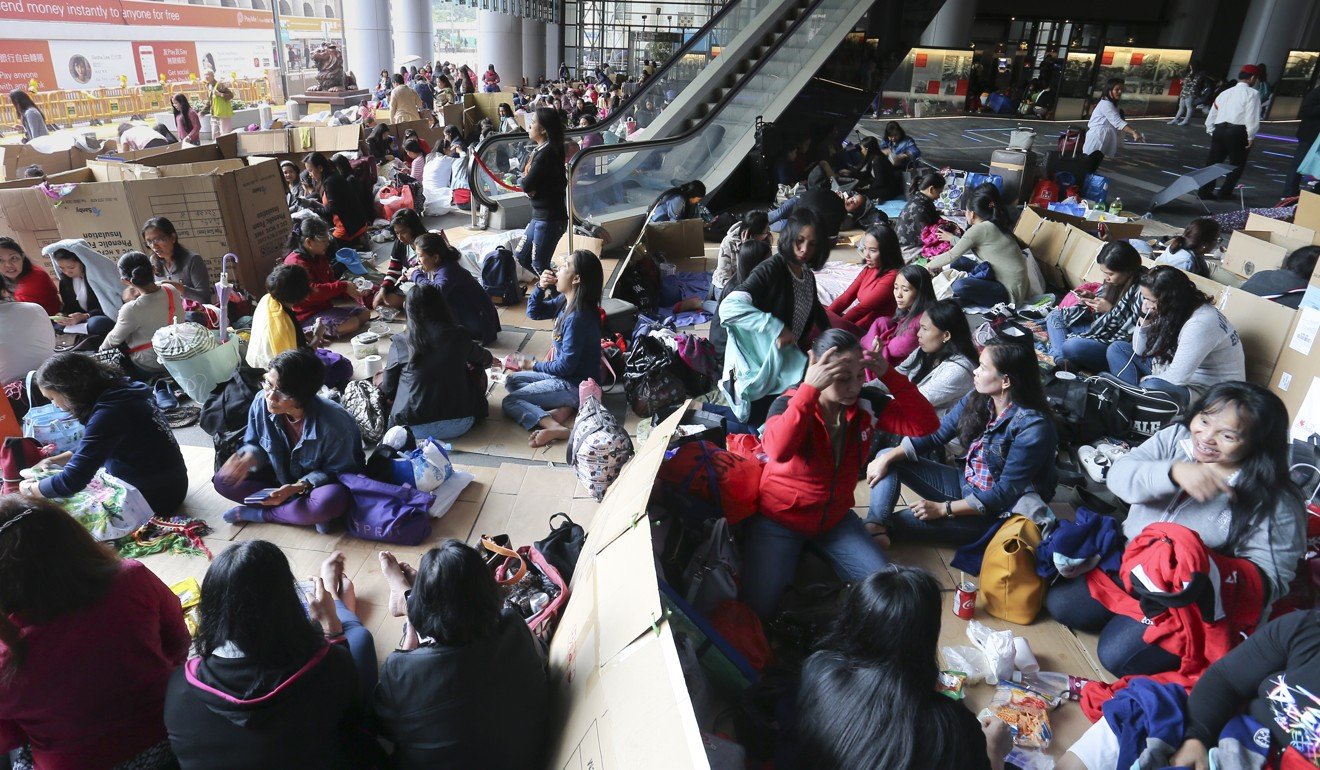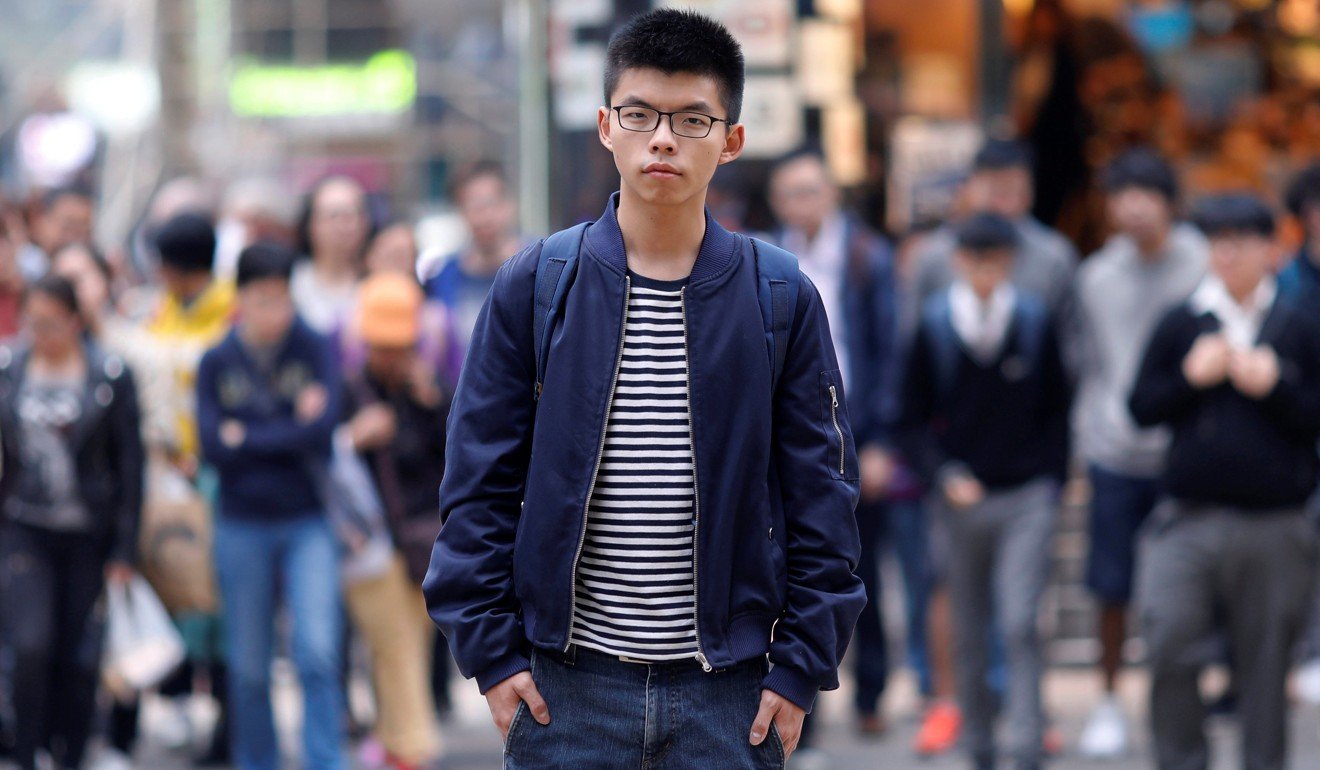
In Hong Kong, domestic helpers and distant parents created a disaffected ‘Me Generation’
Albert Cheng writes that smaller one- or two-child families and abundant domestic helpers – even for middle- and working-class households – has resulted in a generation that can’t care for itself

Hong Kong doesn’t need an army of maids to care for its young and old. It needs trained professionals
In post-war Hong Kong, only the wealthiest could afford servants. Women in the average family were expected to stay home and look after the family. If both parents had to work, they would either have to ask their neighbours to take care of their children, or the children would have to run their own course and look out for one another.
However, starting from the 1980s, it was not just the well-off and middle-class families, but even the working class living in public estates who hired domestic helpers. In Hong Kong today, there are more than 300,000 domestic helpers. Over the past three decades, the helper-centred family structure has formed and the consequences have been profound.
Generational conflict makes up a huge part of the deep-rooted contradictions in our society. The millennials born in the past few decades are now raging at society. They feel strong revulsion towards the older generation who possess most of the benefits. The young generation no longer see upward mobility as possible and blame that on the older generation.
For their part, the older generation point fingers at the young, accusing them of not being able to endure hard times and live out the “the Lion Rock spirit”.
Hong Kong’s youth must stop demonising China to have a brighter future
The creation of the “weaker” young generation is in fact strongly connected to their upbringing. Most families nowadays have only one or two children. Unlike the traditional big families, parents put all their attention into their only child, or at most, two children. And in most helper-centred families, parents are always out at work. The domestic help normally gives the children excessive care. Children brought up in such a family are doomed to grow into young people unable to look after themselves and handle daily routines. This results in spoiled kids, and formed the self-centred “Me Generation”.
The Me Generation is characterised by a lack of independence, adaptability and critical thinking. Due to the new family structure, they have not acquired the interpersonal skills previous generations developed to get along with brothers and sisters. They are brought up in families where all daily routines are thoroughly taken care of by domestic helpers.
Millennials are just misunderstood, and divisive coverage is not helping

For some of these young people, it is obvious that they lack social skills and competitiveness. Some have even become “home-stayers” who disconnect from society.
Hong Kong e-sports: can young people make it their careers?
Parents definitely bear the largest responsibility in nurturing the new generation. Yet they have no time for parenting and stretch domestic helpers as much as possible.
Hong Kong’s young need to log off, go out, get a job - and grow up
In the old days, children understood clearly that the only way they could make a better life was to study hard and work hard. They became tough, strong and durable when facing adversity. However, nowadays parents send their children to tutoring centres and children rely heavily on private tutoring. They lack the responsibility to pay attention in class or the determination to finish homework on their own.
This is how the Me Generation formed. If the helper-centred family structure and parenting method remains unchanged, the Me Generation will expand and this is going to, sooner or later, drag all of society down together.
Albert Cheng King-hon is a political commentator. [email protected]

